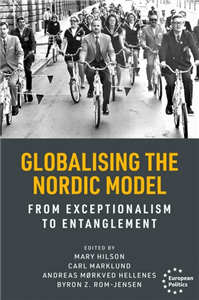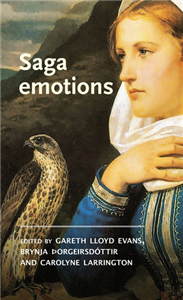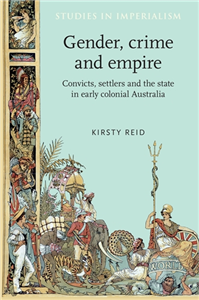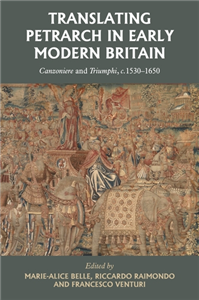Humanities & Social Sciences
June 2026
Vinland and historical imagination
This volume investigates the reception of a small historical fact with wide-ranging social, cultural and imaginative consequences. Inspired by Leif Eiriksson's visit to Vinland in about the year 1000, novels, poetry, history, politics, arts and crafts, comics, films and video games have all come to reflect rising interest in the medieval Norse and their North American presence. Uniquely in reception studies, From Iceland to the Americas approaches this dynamic between Nordic history and its reception by bringing together international authorities on mythology, language, film and cultural studies, as well as on the literature that has dominated critical reception. Collectively, the chapters not only explore the connections among medieval Iceland and the modern Americas, but also probe why medieval contact has become a modern cultural touchstone.


























